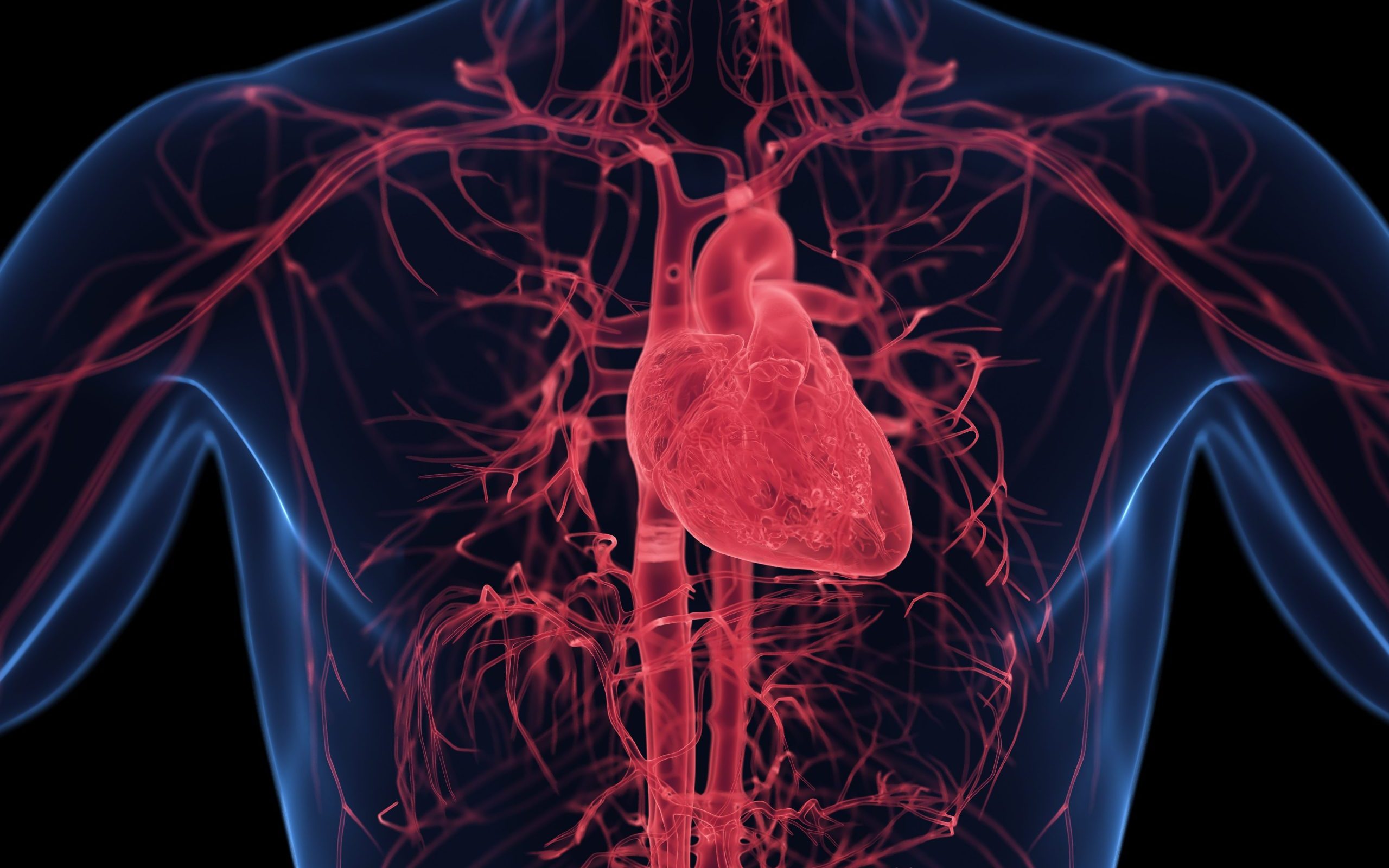Breaking Down Options for Cardiomyopathy Treatment

Cardiomyopathy is a condition that is a significant and potentially life-threatening ailment. This problem occurs when the heart muscle gets weaker and cannot pump blood effectively. Dilated cardiomyopathy, hypertrophic cardiomyopathy, and restricted cardiomyopathy are some of the forms that it can take.
Lifestyle, Medications, and Therapies
The treatment of cardiomyopathy calls for an all-encompassing strategy that incorporates alterations to one’s way of life, the use of drugs, and, in certain instances, the implementation of modern medical treatments. In this article, we will investigate the many treatment choices that are accessible to those diagnosed with cardiomyopathy, as well as the signs and causes.
What Causes Cardiomyopathy?
Heart muscle conditions, also known as cardiomyopathy, make the heart muscle weaker, reducing its ability to perform. Genetics often plays a big part, with inherited DNA mutations increasing the risk of being diagnosed with the condition. Also, some viruses, like viral infections, may cause cardiomyopathy.
Understanding the Multifactorial Causes of Cardiomyopathy
Long-term exposure to high blood pressure, drinking too much alcohol, and some autoimmune heart diseases are also possible reasons. The fact that it can be caused by genetic, environmental, and lifestyle factors shows how multifactorial cardiomyopathy is, which is why it is important to get a full medical exam and find a treatment plan that works for each person.
Treatment Options for Cardiomyopathy
Treatment options for cardiomyopathy will vary from person to person, but some of the most common are detailed below:
Modifications to Lifestyle
Managing cardiomyopathy begins with the adoption of a healthy lifestyle. It is common practice to recommend to patients that they make substantial adjustments to their routines to effectively manage the condition. These alterations include changes in their diet, creating and maintaining a regular exercise plan, and making healthy choices like reducing the use of tobacco and alcohol, to name a few.
Pharmacological Therapies
Medication is often an essential component in the management of cardiomyopathy. Commonly prescribed medications include Angiotensin-Converting Enzyme (ACE) Inhibitors, beta-blockers, and the use of diuretics.
Anticoagulant Treatment
Finally, anticoagulants may be administered in certain circumstances, particularly in cases where cardiomyopathy is linked with atrial fibrillation, to avoid blood clots and lower the risk of stroke.
Additional Treatment Options
Beyond the treatment options listed above, there are a few others that might be considered. These include ICDs, implantable cardioverter-defibrillators, or Cardiac Resynchronization Therapy for heart failure(CRT). CRT involves the implantation of a device that is responsible for coordinating the contractions of the ventricles of the heart. When it comes to some instances of heart failure that are related to cardiomyopathy, this can be useful.
A third option, Ventricular aid Devices (VADs), involves the use of mechanical pumps that insert themselves into the chest to aid the heart in pumping blood. In extreme situations of heart failure, they are frequently utilized as a transitional step on the path to heart transplantation.
What Are the Signs of Cardiomyopathy?
Since cardiomyopathy comes in several different forms, each type may have its own set of symptoms. Still, there are some typical signs, such as the four listed below, that could mean you have cardiomyopathy.
Shortness of Breath (Dyspnea)
People who have cardiomyopathy may have shortness of breath or trouble breathing, especially when they are moving around or lying down.
Fatigue
Feeling tired and weak all the time can be a sign of cardiomyopathy. This could be because the heart isn’t able to pump blood as well as it should to meet the body’s needs.
Swelling risk
When cardiomyopathy is the culprit, the heart pumps less efficiently, which makes fluid buildup in the body’s organs. The result of this is swelling in the legs, ankles, feet, and belly.
Pain or Chest Discomfort
Some people with cardiomyopathy may feel pain or discomfort in the chest, but this isn’t always the case, which is why it’s essential to know the other three symptoms and consult with a medical professional when concerns arise.
It’s important to remember that these symptoms can also be signs of other heart or lung problems. If you have any symptoms that don’t go away or are worrying you, it’s essential to see a doctor.
Conclusion
The therapeutic landscape for cardiomyopathy is diverse and multimodal, which is reflective of the complexity of this disorder. It is often the case that the key to properly controlling cardiomyopathy and enhancing the quality of life for those who are affected by it is to adopt a comprehensive strategy that incorporates lifestyle modifications and modern treatment methods.
There is hope that, as research and medical developments continue, more targeted and individualized medications will emerge, which will further improve the prognosis for those who are struggling with this tough cardiac issue.
Frequently Asked Questions
What are the goals of cardiomyopathy treatment?
Current cardiomyopathy treatments have three primary goals: to manage symptoms and improve your quality of life, prevent the condition from worsening, and reduce the risk of serious complications like heart failure, arrhythmias, or sudden cardiac death.
The specific treatment approach depends on the type of cardiomyopathy you have, its severity, and your overall health. Treatment plans are personalized and adjusted over time as your condition changes. By working closely with your cardiologist and following your treatment plan, you can often improve how you feel and reduce the progression of the disease.
What surgical options are available for cardiomyopathy?
Surgical procedures are considered when medications and other treatments aren’t providing sufficient relief. For hypertrophic cardiomyopathy, where thickened heart muscle obstructs blood flow, two procedures are commonly used. Septal myectomy is an open-heart surgery where the surgeon removes a portion of the thickened muscle blocking blood flow.
Alcohol septal ablation is a less invasive option where alcohol is injected into a small artery supplying the thickened muscle, causing it to shrink over time. Both procedures improve blood flow and reduce symptoms like shortness of breath and chest pain. In severe, end-stage cardiomyopathy where other treatments have failed, heart transplantation may be necessary.
What’s the difference between a pacemaker and an ICD?
Both devices are implanted in the chest to manage heart rhythm problems, but they serve different purposes. A pacemaker helps regulate a heart that beats too slowly or helps the heart chambers beat in a more coordinated way by sending small electrical signals to maintain a steady heart rate. An ICD continuously monitors the heart’s rhythm and detects dangerous, life-threatening arrhythmias. When it detects the heart beating too fast or chaotically, it delivers an electrical shock to restore normal rhythm and prevent sudden cardiac death. Your cardiologist will determine which device you need based on your type of cardiomyopathy and specific heart rhythm issues.


